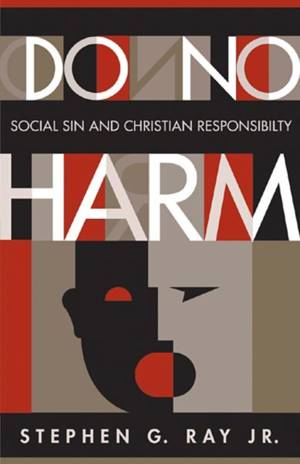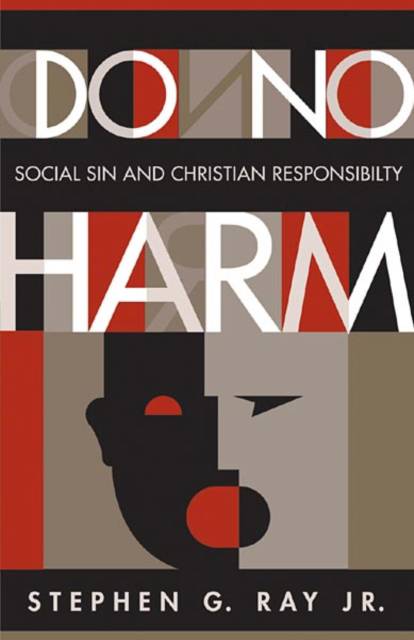
- Retrait gratuit dans votre magasin Club
- 7.000.000 titres dans notre catalogue
- Payer en toute sécurité
- Toujours un magasin près de chez vous
- Retrait gratuit dans votre magasin Club
- 7.000.000 titres dans notre catalogue
- Payer en toute sécurité
- Toujours un magasin près de chez vous
Do No Harm
Social Sin and Christian Responsibility
Description
Among the evils addressed by Christian theology, says Stephen Ray, must be the evil perpetuated by its own well-meant theologies. His important project examines the downside of the category of social sin, especially in theologians' use of destructive stereotypes that have kept Christians from realizing and engaging the most pervasive social evils of our timeracism and anti-Semitism.
To make his case, Ray examines problematic ways in which several theologians describe the reality of social evil. "Theologians," he contends, "often unwittingly describe [social] sin in terms that may themselves be profoundly racist, sexist, heterosexist, anti-Semitic, and classist." He contends that they must attend more carefully to the social evils deeply embedded in their own patterns of language and thought. Ray looks specifically to the work of Reinhold Neibuhr and Dietrich Bonhoeffer to document unintended consequences of theology's oversights and then to Augustine, Luther, and Calvin to analyze the strains and strengths of traditional notions.Not only theologians and ethicists but also ministers and laity will benefit from Ray's thoughtful reconsideration of the social stance of Christian theology.
Spécifications
Parties prenantes
- Editeur:
Contenu
- Nombre de pages :
- 184
- Langue:
- Anglais
Caractéristiques
- EAN:
- 9780800634971
- Date de parution :
- 12-11-02
- Format:
- Livre broché
- Format numérique:
- Trade paperback (VS)
- Dimensions :
- 139 mm x 216 mm
- Poids :
- 231 g






